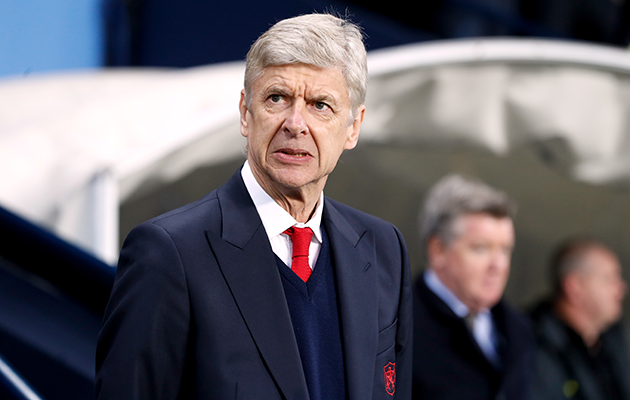Arsène Wenger has welcomed the growth of football in China but says it will be a long time before the Chinese Super League (CSL) is in a position to compete with the Premier League for the leading players.
The January transfer window has been seen the departure of a number of players to CSL clubs as well as speculation about some high profile names such as Chelsea’s Diego Costa and West Ham’s Dimitri Payet.
Wenger, though, while acknowledging the financial appeal of China, says the country will have to develop a lasting football culture before the top players will be tempted to move.
“You do not create a top league just like that,” Arsenal’s manager said. “When you want to be a football player your first aspiration is to play in the best league with the best players. After that, you want to combine playing in the best league with the best players for the maximum amount of money. That combination is best in England right now. But professional football in England was created 150 years ago. And we still struggle, you know. I believe it’s a slow process of creating a football culture.
“In China it’s new. I know that situation well because, when I went to Japan in 1995, professional football had only been in existence for three years. You expect reflexes from people that aren’t there; the culture of professional football is not there. So it will take time. But China has moved forward. It tries to promote football and I’m happy that football has become popular in China. I also expect India to come to the game too you know. I hope it will happen.”
Wenger believes the biggest threat posed by the free-spending Chinese clubs is the impact they may have on wage inflation.
“Overall the players have everything today to be more happy than 20 years ago, never mind 40,” Wenger said. “They are treated very well, they have a fantastic income. They have freedom of movement which we didn’t have. The danger is that players start asking for money that’s unrealistic in the Premier League. If Chinese wages become the benchmark then you cannot compete with that. But we do not know whether, in 10 years’ time, China will still be doing it. Sometimes, if it’s a political decision, that can change.”







